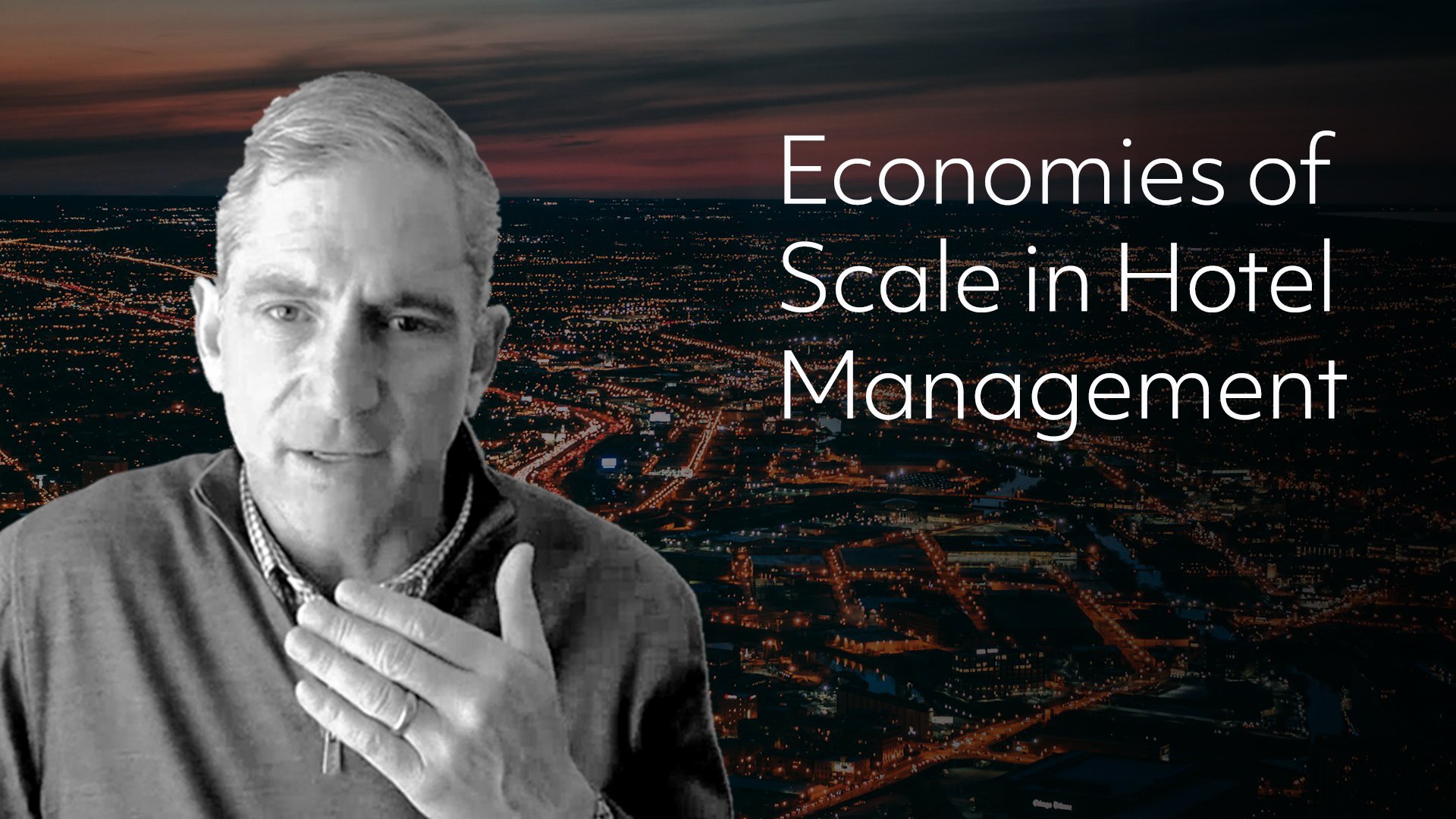Across the hospitality industry, M&A is on the rise. From management company consolidations to big-brand acquisitions, operators of all sizes are pursuing scale in new and strategic ways.
Recent high-profile deals in the hotel space include:
- Brookfield Asset Management and Generator Hostels. Earlier this month, Brookfield Asset Management acquired the European business of Generator Hostels, including 15 properties, reflecting Brookfield's strategy to invest in innovative, cost-effective lodging models. (Source).
- Hotel Equities and Springboard Hospitality. Also earlier in May, these two companies announced plans to expand their combined portfolio and operational capabilities across branded and independent properties (Source).
- Marriott International and citizenM. In April, Marriott International announced its acquisition of the lifestyle hotel brand for $355 million, adding 36 hotels in the “affordable luxury” segment (Source).
These deals come on the heels of an active 2024, which saw Hyatt acquire Standard International and Stonebridge acquire Real Hospitality Group, among other mergers.
 So, what’s driving this momentum, and what role does automation play in making scale more operationally sustainable?
So, what’s driving this momentum, and what role does automation play in making scale more operationally sustainable?
While every deal has its unique motivations, the common thread is the pursuit of efficiency – leveraging economies of scale to unlock new levels of profitability without adding complexity at the property level. Scalable data and software solutions enable operators to manage multiple properties efficiently without proportionally increasing staffing costs, and allows on-property staff to focus more on delivering personalized guest experiences and improved service quality.
Whether motivated by operational synergies, market expansion, or brand diversification, these deals all share common goals: achieving greater efficiencies through scale, and portfolio diversification.
Read more of Rob's thoughts on scalability – alongside CBRE, Cornell University, and Boxset Advisory – in Otelier's latest whitepaper: "Profit Under Pressure: The New Blueprint for Smarter, Leaner Hotel Operations"
Marriott’s Bet on Automation with citizenM
CitizenM appeals to a growing segment of digital-native, value-conscious travelers who prioritize convenience over traditional service models. With features like mobile check-in, automated kiosks, and smart room controls, citizenM operates on a leaner staffing model while delivering a digital-first guest experience. By adding citizenM to its portfolio, Marriott gains an operating model designed for scalability and cost efficiency, while also diversifying its portfolio.
This move raises important questions: Are big brands preparing to introduce more automated, lower-operating-cost options to their portfolios? Will we see more global players invest in tech-forward, self-service brands as part of their growth strategies? If Marriott’s playbook is any indication, the answer appears to be yes.
The Global Shift Toward Third-Party Management
While third-party hotel management has long been standard in the United States, this model is gaining traction in Europe and Asia. Traditionally, owners in these regions have favored independent operation or direct brand management. But that’s starting to change.
In Europe, increasing regulatory complexity – especially around data privacy and cross-border operations – has made specialized management expertise more valuable. Owners are turning to third-party operators who can navigate these challenges while delivering consistent performance across diverse markets.
In Asia, the trend is similarly gaining momentum, driven by the region’s growing interest in asset-light models that separate ownership from day-to-day operations. This allows owners to focus on real estate investments while relying on professional operators to manage guest experience, staffing, and profitability.
As these models mature, they offer a viable path for hotel owners globally to scale their operations without taking on the full operational burden themselves.
Why Scale Is Shaping the Future of Hotel Management
The hospitality industry is undergoing a fundamental shift toward larger, more centralized, and more tech-enabled operating models. Whether through mergers and acquisitions, strategic brand expansions, or the rise of third-party management in global markets, the goal remains the same: achieve operational efficiencies that drive profitability and resilience.
Automation and centralization aren’t about replacing hospitality with technology – they’re about removing the friction from back-office operations so that on-property teams can focus on what they do best: delivering memorable guest experiences.
As the market continues to evolve, hotel operators who embrace these strategies will be best positioned to scale smarter and serve their guests better.











